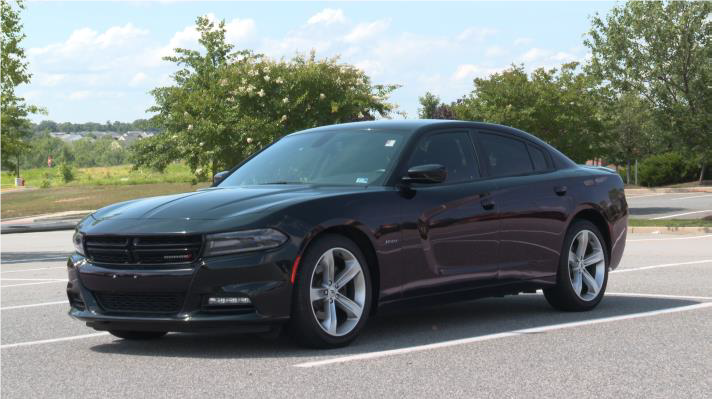Uninsured Driving Dipped in 2022 After Pandemic Spurred a Multi-year Rise

By Max Dorfman, Research Writer, Triple-I
About one out of seven U.S. drivers (14.0 percent) operated a private-passenger vehicle without liability insurance in 2022, according to new research by the Insurance Research Council (IRC) – like Triple-I, an affiliate of The Institutes.
The IRC report, Uninsured Motorists: 2017—2022, which used data from 10 insurers representing around 56 percent of the U.S. private passenger auto insurance market, found that the percentage of uninsured motorists been rising over the past few years. Indeed, the percentage of uninsured motorists was 11.1 percent in 2019, increased to 13.9 percent in 2020, and stood at 14.2 percent in 2021, before the slight decline in 2022.
The report posits that declining personal income and rising inflation – particularly during the first two years of the coronavirus pandemic – led some motorists to forgo purchasing mandatory auto insurance liability coverage. This shift was particularly apparent during the first two years of the coronavirus pandemic. In fact, before the pandemic, the number of uninsured U.S. drivers was largely declining, with 40 jurisdictions experiencing decreases from 2017-2019. The largest decrease was in Montana, where the percentage of uninsured drivers on its roadways fell by 4.1 percent during the three-year timeframe.
This, however, was not uniform across the country. The largest percentage increases during the same period were seen in Florida and Michigan. Michigan’s 2019 legislative reform greatly helped alleviate the situation; the state experienced a 6.2 percent decline from 2020-2022.
In 2022, the District of Columbia (25.2 percent), New Mexico (24.9 percent), and Mississippi (22.2 percent) had the highest percentages of uninsured motorists in 2022. Wyoming (5.9 percent), Maine (6.2 percent), and Idaho (6.2 percent) were the three states with the lowest percentage.
Uninsured motorists impose costs for insurers, state governments, and taxpayers. Auto insurers are required by law to underwrite uninsured and underinsured driver coverage and process these claims, as well as complying with regulations in many states requiring insurers to inform the state when auto insurance coverage is canceled. State governments also administer taxpayer-funded programs that monitor the insurance status of motor vehicles registered in the state.





